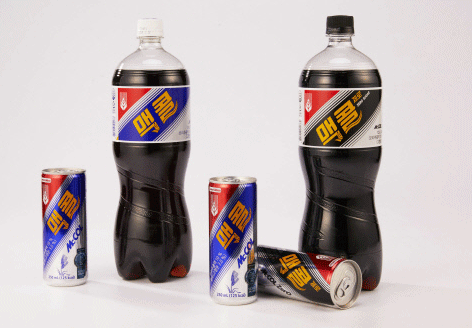In a remarkable milestone for the beverage industry, Makkol, a barley-based carbonated drink by Ilhwa, has reached a cumulative sales total of 6.4 billion cans as of December 2024. This iconic drink, launched in 1982, has enjoyed enduring popularity for over four decades, contributing significantly to both the South Korean beverage market and the country’s barley farming community.
A Product Born Out of Economic and Agricultural Change
Makkol was created during the economic boom of the 1980s when South Korea experienced a shift in dietary habits. As rice began to replace barley as the staple food, barley farmers found themselves facing declining demand for their crops. Ilhwa, in response to this change, introduced Makkol—a product that not only offered a new, refreshing beverage option but also helped support barley cultivation by creating a sustainable market for barley.
Makkol’s success is deeply intertwined with the growth of South Korea’s economy and changing food consumption patterns. By promoting barley as a versatile ingredient, Makkol played a crucial role in introducing the grain into mainstream consumption through a unique, enjoyable drink.
The Rise of Makkol Zero
In February 2023, the launch of Makkol Zero marked a new chapter for the brand. The zero-sugar version utilizes alternative sweeteners to lower the sugar and calorie content while retaining the signature nutty flavor and rich nutritional profile of the original Makkol. This innovation reflects Makkol’s commitment to meeting modern consumer preferences, particularly the increasing demand for healthier, lower-calorie beverages.
A Symbol of Longevity and Innovation
With over 6.4 billion cans sold, Makkol’s impact extends beyond just a beverage. The product’s success is a testament to the company’s understanding of the evolving consumer landscape. From supporting barley farmers in the 1980s to introducing a sugar-free option in recent years, Makkol has shown the ability to adapt and thrive, making it a long-lasting symbol of both South Korean agricultural innovation and changing consumer trends.
In a statement, Han Hyun-woo, the head of Ilhwa’s food business division, expressed gratitude for Makkol’s popularity over the years, highlighting its importance in the company’s legacy as one of South Korea’s most enduring beverage brands. He emphasized that Ilhwa will continue to focus on creating innovative, healthy products that align with current consumption trends.
Makkol’s 43-year journey exemplifies the intersection of agriculture, innovation, and consumer culture. By adapting to market changes and introducing new versions like Makkol Zero, the brand has continued to provide a refreshing, nutritious beverage while supporting barley farmers in South Korea. As consumer preferences evolve toward healthier options, Makkol remains a prime example of how agricultural products can find success through innovation and staying attuned to the needs of the market.
Error




